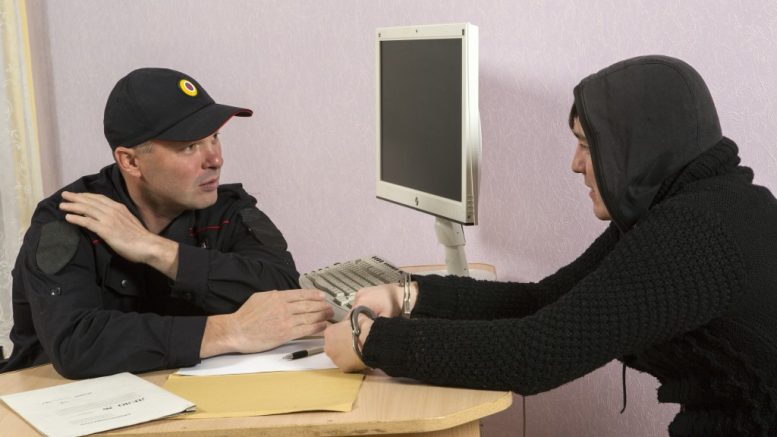With the popularity of Netflix docu-series “Making a Murderer” and “The Staircase”, it comes as no surprise that even laymen feel they are well-versed in the words of the law. Technical details are presented in their rawest form in a docu-series, and you see lawyers explaining the process they are following to file a case or appeal.
You might be looking at that screen and thinking you’ve found your calling. But what exactly can you do after completing a criminal investigation course?
Law Enforcement
This is the most straightforward route to take after completing your degree in criminal justice. Law enforcement is crucial in bringing in wrongdoers to face the consequences of their actions. You need to be well-versed in legal proceedings, and you should know the rights of victims and suspects. Though you are in law enforcement, it is not right to take matters into your own hands and bypass crucial steps.
Forensics
A crime scene would not make sense to a regular person, but to a forensics expert, it can be the secret to unlocking what transpired between the victim and perpetrator. Forensics experts may have different fields of expertise, which make them even more knowledgeable in areas that make a crime scene difficult to interpret. For instance, a blood spatter analyst would know more about the different characteristics of blood spatter than a ballistics expert.
Psychology
There are a lot of questions when a person commits a crime. Were they aware of the consequences of their actions? Was it premeditated? These circumstances contribute to the nature of the crime committed and the kind of punishment served for the accused. In the case of suspects at large and serial killers, profiling gives law enforcement workers clues to where the suspect may be hiding or what they might do next.
Criminal investigation is a broad enough spectrum. For those who are interested in a job in this area, determine the field most interesting to you and concentrate your efforts there.
